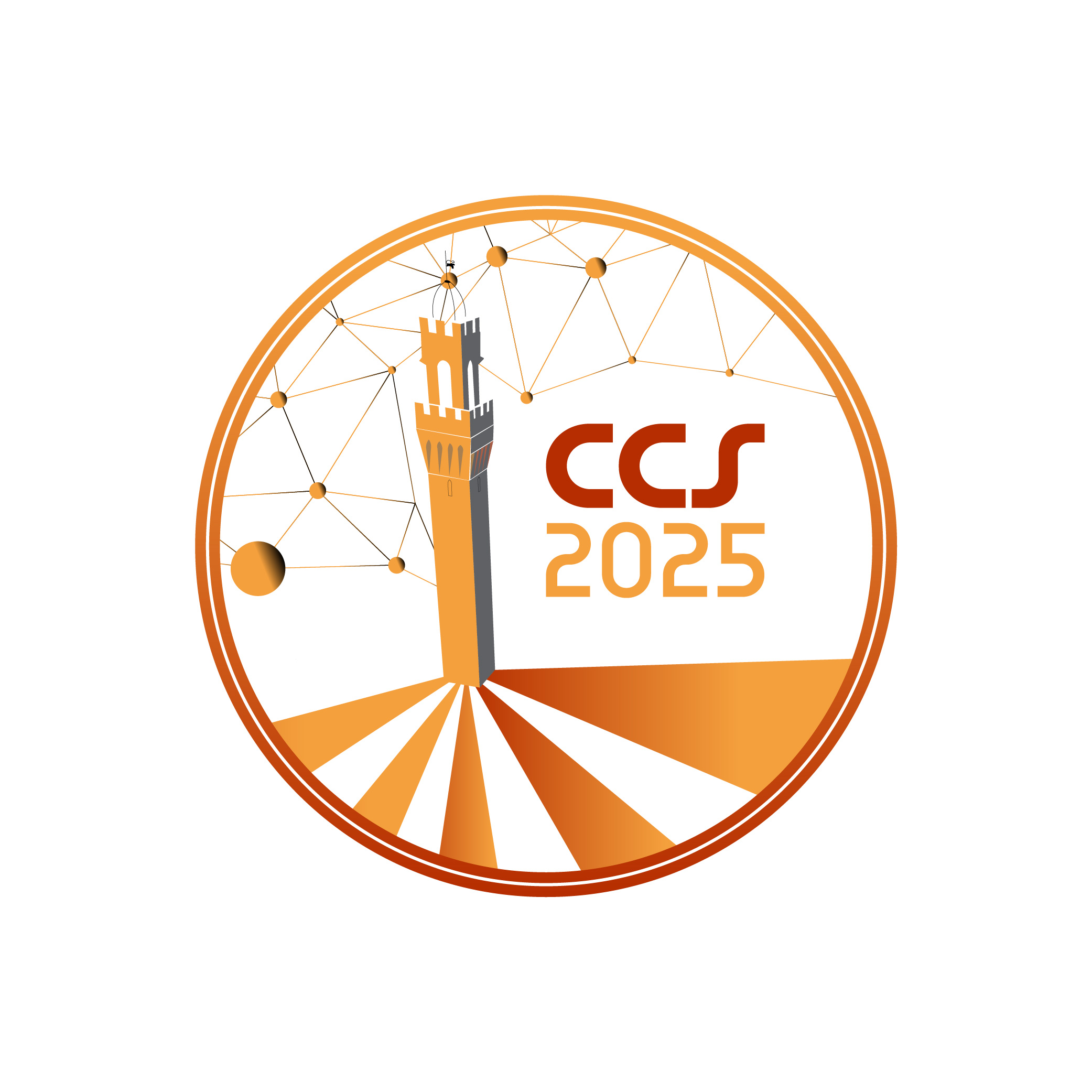Satellite Programme
Scroll down to see the satellites programme, list and rooms allocation
Satellites Day 1: 3 September 2025
Morning Session (9:45 AM – 12:45 PM)
-ROOM 13: Criticality on Networked Complex Systems
-ROOM 15: TENET: TEmporal NETworks
-ROOM 20: COMPLEX R.O.M.E. : COMPLEXity Research On Modelling historical Evolution
-ROOM 16: Supply Chains: A Complex System Perspective
Afternoon Session (2:45 PM – 6:00 PM)
-ROOM 15: Complex Systems, Data Analytics, and Human Behavior
-ROOM 14: Simulated Societies: From Opinion Dynamic Models to Digital Twins
-ROOM 20: Complexity Research in Animal Behaviour (CRAB)
-ROOM 16: Feedback and Cooperative Effects in Networked Social Dynamics
Full Day Satellites for Day 1 (03/09/2025)
-ROOM 149: AMETHYST: gAME THeorY in complex SysTems
-ROOM 103: Qualitative and mixed methods approaches in social complex systems research: Methodological challenges and innovations
-ROOM 101: Complex Systems for the Most Vulnerable (CS4V25)
-OLD CHAPEL ROOM: EPINEXT (Next-gen Methods for Data-rich Epidemic Models)
-ROOM 18: Complexity in the Brain (CoBrain)
-ROOM 145: XIX International Workshop on Artificial Life and Evolutionary Computation (WIVACE 2025) (DAY 1)
Satellites Day 2: 4 September 2025
Morning Session (9:45 AM – 12:45 PM)
-ROOM 14: Criminal Complexity: The complex nature of criminal activity
-ROOM 20: CHArt[S] – Complexity in the Humanities, Arts, and Social Sciences
-ROOM 101: Collective Intelligence from Biological to Artificial Complex Systems
-ROOM 16: Modelling the Dynamics of Behavioural Adaptation During Epidemics (BehEpi) (Half-day)
Afternoon Session (2:45 PM – 6:00 PM)
-ROOM 20: Food Systems
-ROOM 101: Artificial Intelligence in Complex Systems (AICS)
-ROOM 14: BeSAFE: Behavioural and Social Aspects in Fighting Epidemics
Full Day Satellites for Day 2 (4/09/2025)
-ROOM 15: Complexity in Economics & Finance (FINECONETS)
-OLD CHAPEL ROOM: Physics of Self-Organization in Complex Systems
-ROOM 13: Computational Social Science
-ROOM 149: UrbanSys2025
-ROOM 18: Complexity in Language (CompiLa2025)
-ROOM 103: Chemical complexity: from emergent properties to applications
-ROOM 145: XIX International Workshop on Artificial Life and Evolutionary Computation (WIVACE 2025) (DAY 2)
Satellites list and websites
Qualitative and mixed-methods approaches in social complex systems research: Methodological challenges and innovations
Ana Teixeira de Melo, Robin Purshouse, Emma Uprichard, Rika Preiser, Leo Caves, Letícia Renault
Attention: This satellite Requires additional sign-up and consent. Cf. Satellite webpage

This Satellite promotes an interdisciplinary discussion on the role of qualitative and complexity-informed mixed(mixing)-methods approaches (including computational and AI) in researching complex social systems, exploring critical challenges, constraints, opportunities, and future directions. It aims at promoting and disseminating methodological innovations in “real-world” research and participatory approaches, welcoming theoretical and philosophical contributions.
AMETHYST: gAME THeorY in complex SysTems
Alberto Antonioni, Alessandro Di Stefano, The Anh Han, Chiara Mocenni, Sofia Andreia Teixeira, Rashid Ibrahimli, Sara Ghivarello, Diogo L. Pires
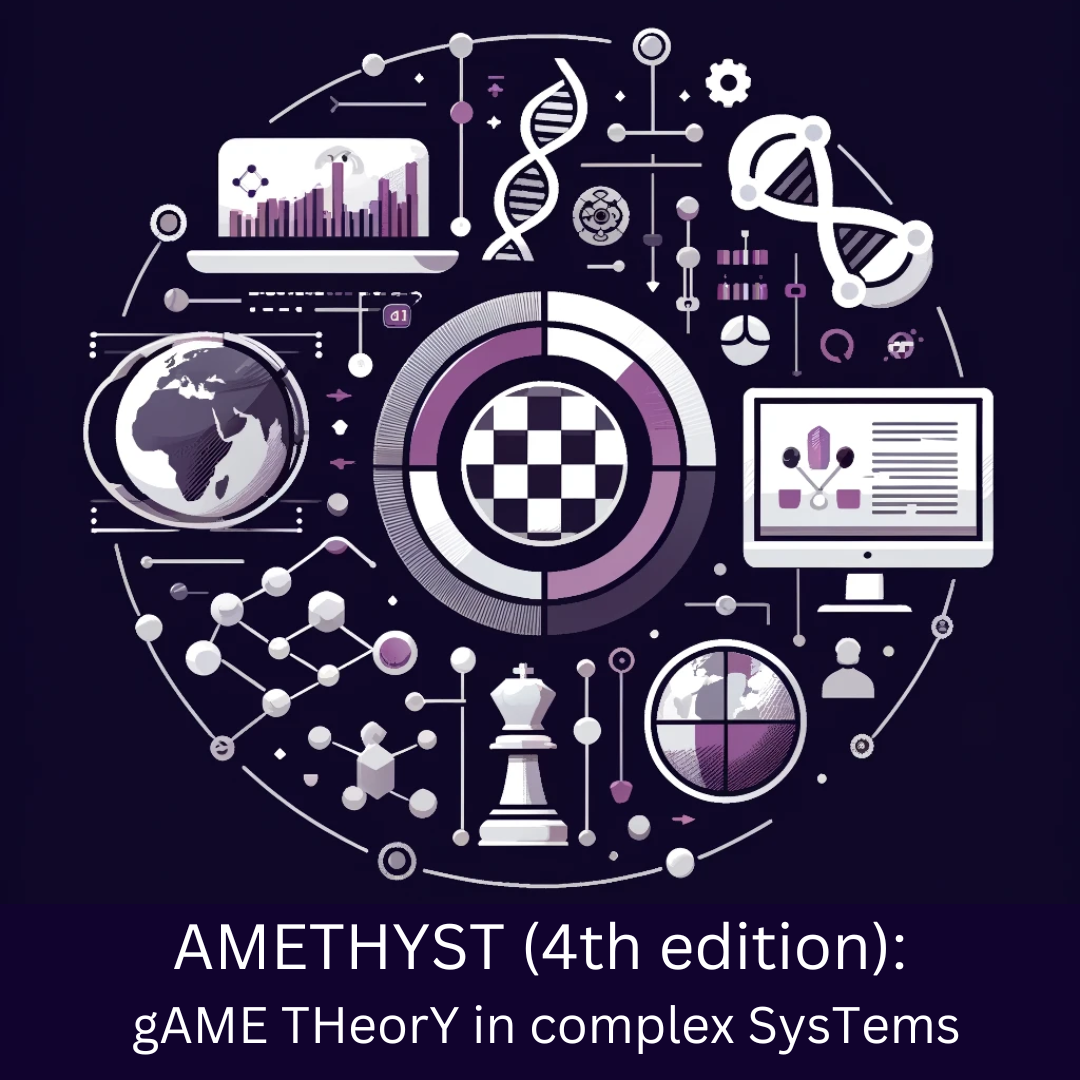
The AMETHYST satellite explores the intersection of Game Theory, Complex Systems, and Artificial Intelligence. It focuses on strategic decision-making and dynamics in complex environments, fostering interdisciplinary collaboration to address societal and biological challenges. Topics include evolutionary game theory, multi-agent dynamics, AI, and climate change strategies.
Criminal Complexity: The complex nature of criminal activity
Rafael Prieto-Curiel, Davies, Meneghini, Menezez, Delft, Quax, Yeung

With significant strides in complexity science and its related fields, we now have advanced tools to examine complex social phenomena linked to criminal activities more effectively. Contributions to the satellite encompass a wide range of topics, including the systemic nature of crime, the analysis of cartel networks, the formation and analysis of crime and terrorism hotspots, spatial patterns of criminal activity, corruption, the dynamics of cybercrime, financial crime, and the intricate connections between human mobility and crime spatial patterns. This broad scope aims to deepen our understanding of criminal and violent behaviour as manifestations of complex systems.
Complex Systems, Data Analytics, and Human Behavior
Jose Balsa Barreiro, Rosa Benito, Hiroki Sayama, Marta Gonzalez, Carlos Gershenson

This satellite session explores how complex systems methods, AI, and data analytics can be applied to analyze human behavior, address societal challenges, and inform decision-making. It brings together researchers to bridge theory and practice, uncover deep structures in social systems, and examine emergent properties shaping social, economic, and technological dynamics.
Collective Intelligence from Biological to Artificial Complex Systems
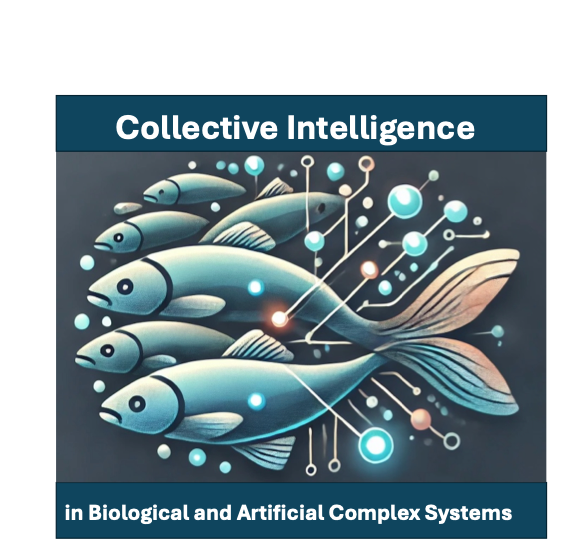
Giulia De Masi, Donato Romano
Collective intelligence is the ability of systems with many interacting agents—biological, social, or artificial—to solve complex problems and adapt without central control. In this satellite event, we will discuss how the biological collective phenomena inspire artificial systems and help in the design of innovative bio-inspired solution, guaranteeing properties such resilience and adaptability.
Feedback and Cooperative Effects in Networked Social Dynamics
Gábor Timár, Jonathan Ward, Claudio Castellano, Francesca Colaiori, Nahid Azimi-Tafreshi
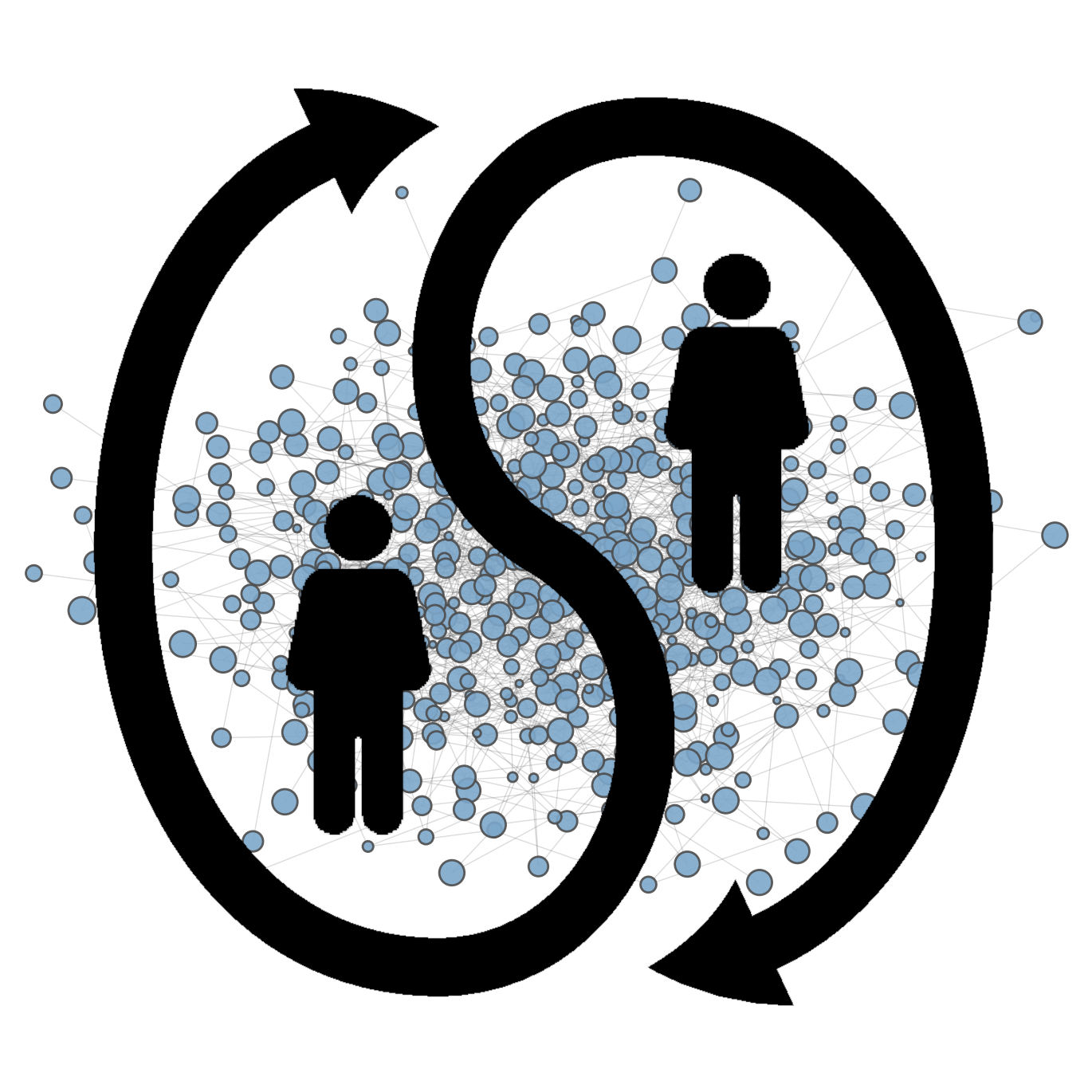
This satellite explores network-based models of social dynamics, focusing on mechanisms of feedback and cooperation arising in various contexts. We aim to bring together researchers from physics, mathematics, complex networks and computational social science to discuss recent developments and to identify promising avenues for future research.
Complex Systems for the Most Vulnerable (CS4V25)
Elisa Omodei, Manuel Garcia-Herranz, Kyriaki Kalimeri, Daniela Paolotti, Vedran Sekara, Michele Tizzoni

This workshop’s goal is to explore Complex Systems contributions on creating public value and producing public policy practices. It aims both at showcasing the most relevant work produced by the Complex Systems community in this area and at focusing its attention on the pressing issues of the most vulnerable populations.
TENET: TEmporal NETworks
Alessia Galdeman, Andrea Failla, Antonio Longa, Julia Gastinger, Kevin Teo, Richard Clegg, Sabrina Gaito
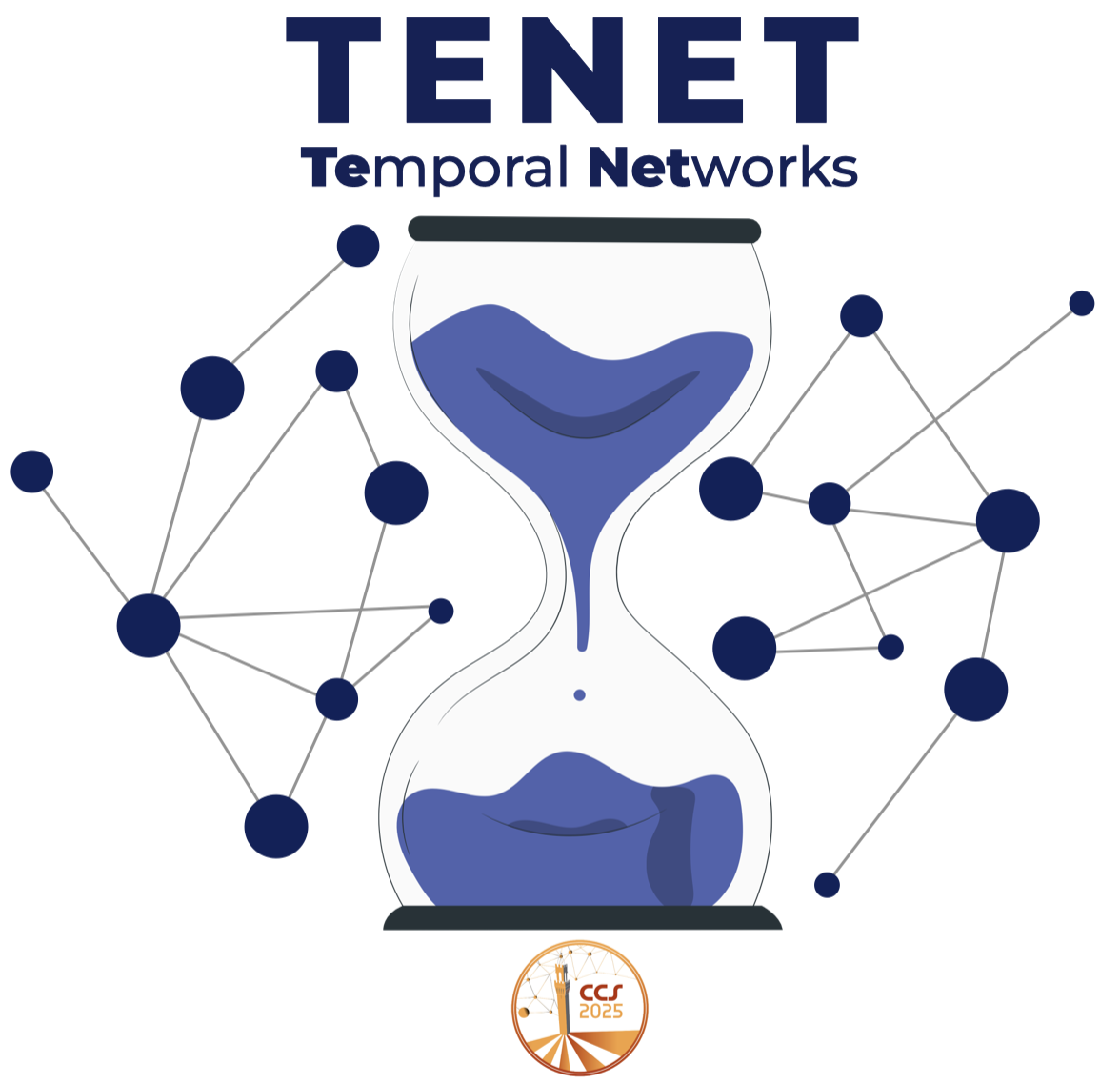
Temporal networks capture dynamic interactions, incorporating the timing, order, and duration. The TENET satellite welcomes contributions about novel methods, models, and applications in temporal network research. Bringing together researchers from diverse disciplines, it fosters discussions on innovative methodologies, theoretical advances, and empirical insights into how complex systems evolve, adapt, and respond to change.
COMPLEX R.O.M.E. – COMPLEXity Research On Modelling historical Evolution
Francesco Bertolotti, Sabin Roman, Pablo Rosillo-Rodes

This satellite event serves as a dedicated forum for complexity scientists exploring historical domains, providing a unified venue to integrate recent advancements within the community. Key objectives include identifying emerging challenges in this field and assessing the broader impact of applied research on the evolution of complexity science.
XIX International Workshop on Artificial Life and Evolutionary Computation (WIVACE 2025)
Marco Gori, Monica, Bianchini, Marco Maggini, Simone Bonechi, Barbara Toniella Corradini, Marco Stefanelli

The Workshop aims at bringing together researchers to present and share their results and ideas in a multidisciplinary context. The workshop provides a forum for the discussion of new research directions and applications in Artificial Life, Evolutionary Computation and in related fields, where different disciplines and research areas could effectively meet. Relevant topics (but not restricted to) are Bioinspired Algorithms, Bioinspired Robotics, Coevolution and Collective Behavior, Complex Systems, Data-driven Self-regulating Systems, Evolutionary Computation, Evolutionary Approaches to Big Data and Big Data Streams, Evolutionary Learning Systems, Evolutionary Agents. Modeling and Simulation of Artificial and Natural Systems, Modeling and Simulation of Social and Economical Systems, Modeling of Business Intelligence Systems, Neural Computers, Neuroevolution: Improving Deep Learning with Evolutionary Computation, Self-organizing Cyber-Physical Systems, Socio-inspired Swarm Intelligence Algorithms, Synthetic and Systems Biology, Systems Chemistry, Theories and Applications of Artificial Life.
Physics of Self-Organization in Complex Systems
Georgi Georgiev, Hiroki Sayama, Carlos Gershenson, Ashuwin Vaidya, Damian Sowinski
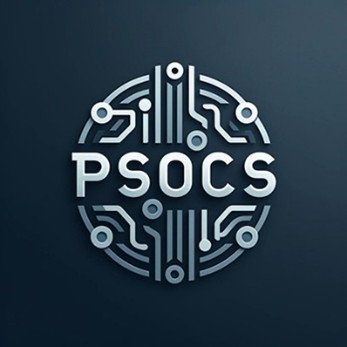
The Physics of Self-Organization in Complex Systems (PSOCS) satellite explores fundamental physics principles driving self-organization across disciplines. Topics include entropy, variational principles, non-equilibrium thermodynamics, quantum computation, and AI. Join us in advancing the understanding of emergent complexity through theoretical, computational, and experimental perspectives.
Artificial Intelligence in Complex Systems (AICS)
Luca Pasa, Paolo Frazzetto, Nicolò Navarin, Alessandro Sperduti, Alessio Micheli, Franco Scarselli
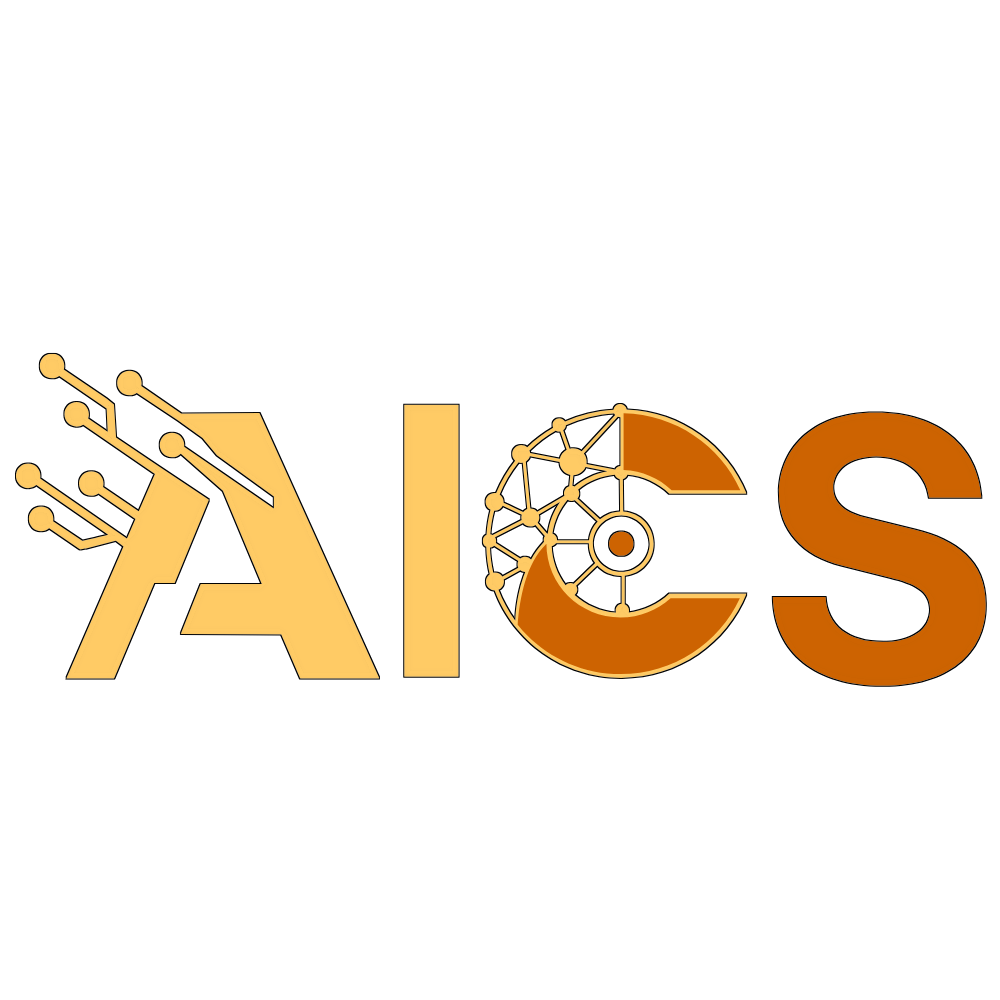
This workshop explores novel AI applications for complex systems analysis, focusing on graph neural networks and deep learning approaches. We invite contributions on theoretical advancements, computational methods, and real-world applications across biological, social, urban, and financial domains.
Criticality on networked complex systems
Geza Odor, Istvan A. Kovacs
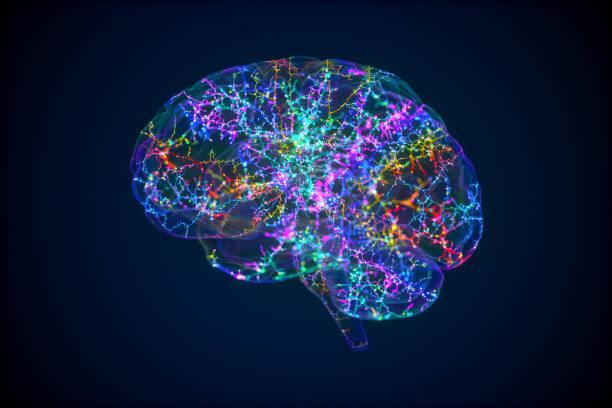
In this satellite, we bring together top specialists to discuss the latest research and results using network theory, statistical physics, and brain science, aiming to attract a broader audience related to the criticality of complex networks in line with the universality of the findings.
Complexity in the Brain (CoBrain)
Marilyn Gatica, Nicola Pedreschi, Jesseba Fernando, Samy Castro
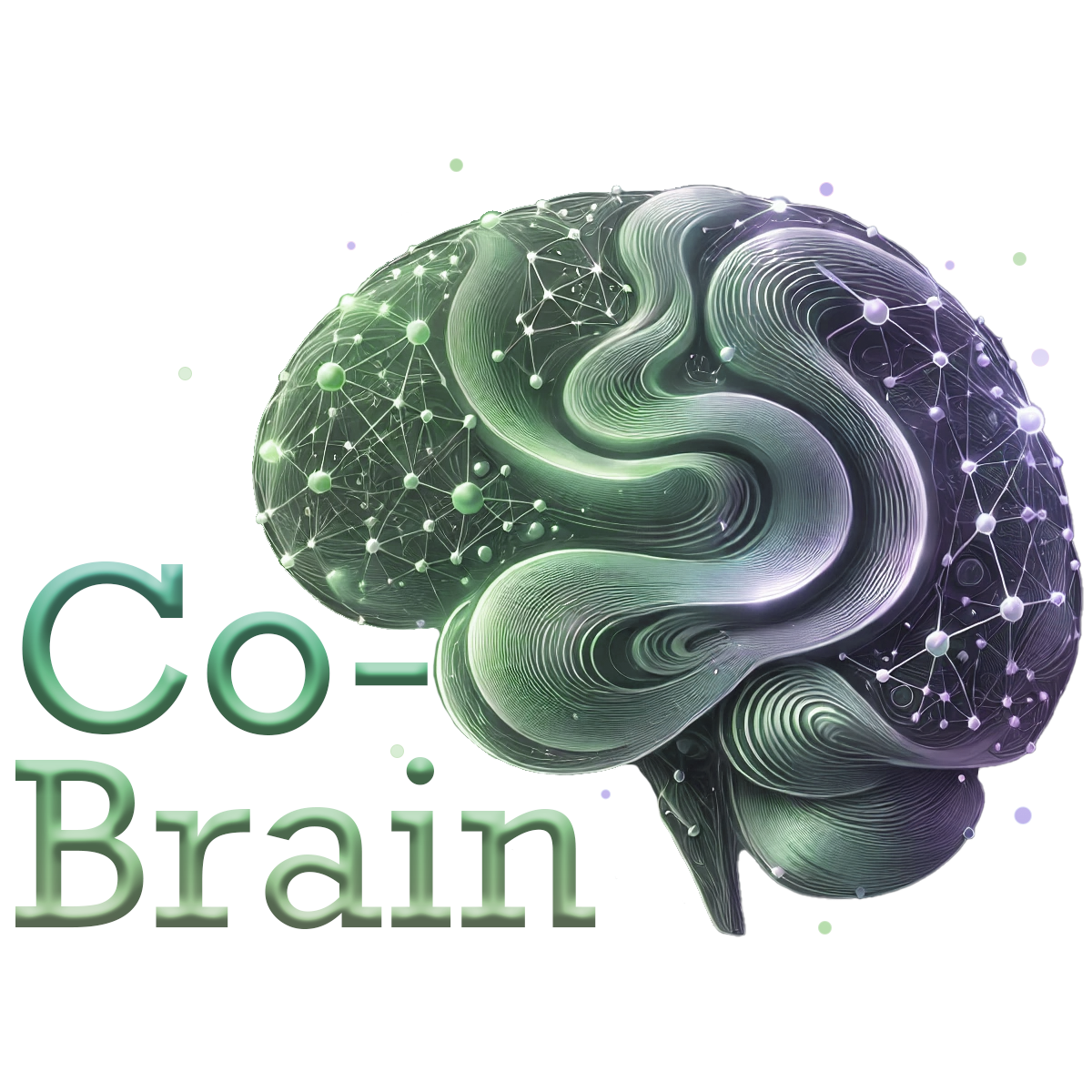
The satellite Complexity in the Brain (CoBrain) aims to bring together researchers in neuroscience, network theory, and computational modeling to explore innovative advances, identify open questions, and foster interdisciplinary collaboration. Topics include but are not limited to modeling emergent cognitive phenomena, novel multi-scale data integration, cross-scale perspectives on brain disorders, and applying complexity science to neuroscience.
Simulated Societies: From Opinion Dynamic Models to Digital Twins
Giulio Rossetti, Katherine Abramski, Erica Cau, Salvatore Citraro, Andrea Failla, Veronica Mesina, Virginia Morini, Valentina Pansanella
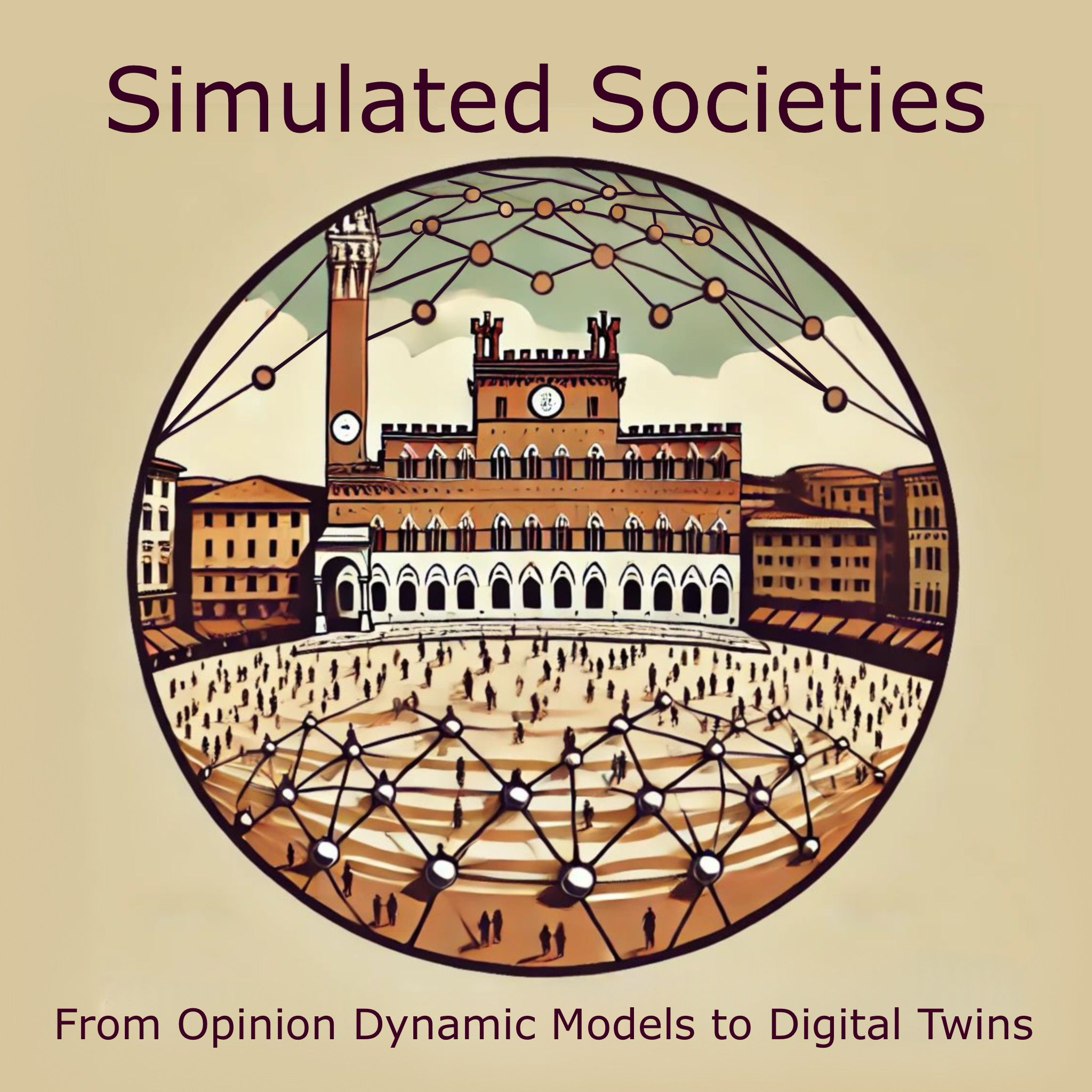
Online platforms exhibit complex, unpredictable behaviors, yet studying them is constrained by data limitations and algorithmic opacity. Socio-physics models offer theoretical insights but oversimplify dynamics. AI-driven simulations, particularly LLM-based models, provide controlled experimentation. The Simulating Societies satellite fosters discussions on modeling social media using opinion dynamics and LLM-based agent systems.
Computational Social Science
Gerardo Iñiguez, Thomas Louf, Gabriele di Bona, Matteo Serafino, Chiara Zappalà, Luca Gallo
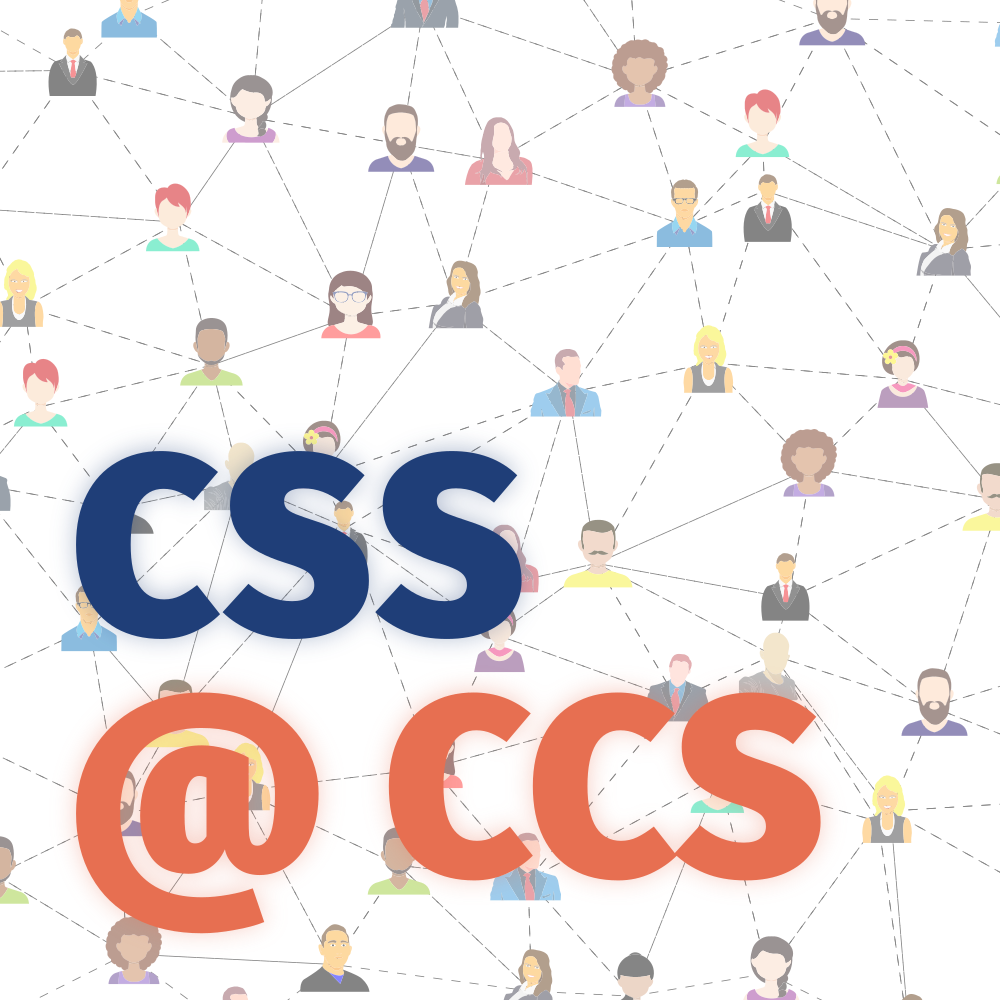
This satellite (one of the oldest series of CCS, active since 2013) addresses social phenomena emerging over multiple scales, ranging from the interactions of individuals to the emergence of self-organized global movements within the realm of computational social science.
UrbanSys2025
Elsa Arcaute, Riccardo Gallotti, Marta C. Gonzalez, Andrea Guizzo, Ruiqi Li, Jose J. Ramasco, Mattia Mazzoli

UrbanSys is a recurrent multidisciplinary meeting that studies the relation between urban spaces and human behavior. Through the lens of complexity science, network science and artificial intelligence, UrbanSys studies the complexity of urban spaces, merging insights on urban planning, transportation, energy, urban structure, inequalities, city livability, urban health and resilience.
BeSAFE: Behavioral and Social Aspects in Fighting Epidemics
Fabio Saracco, Francesca Colaiori, Stefano Guarino, Francesco Pierri, Fabio Mazza
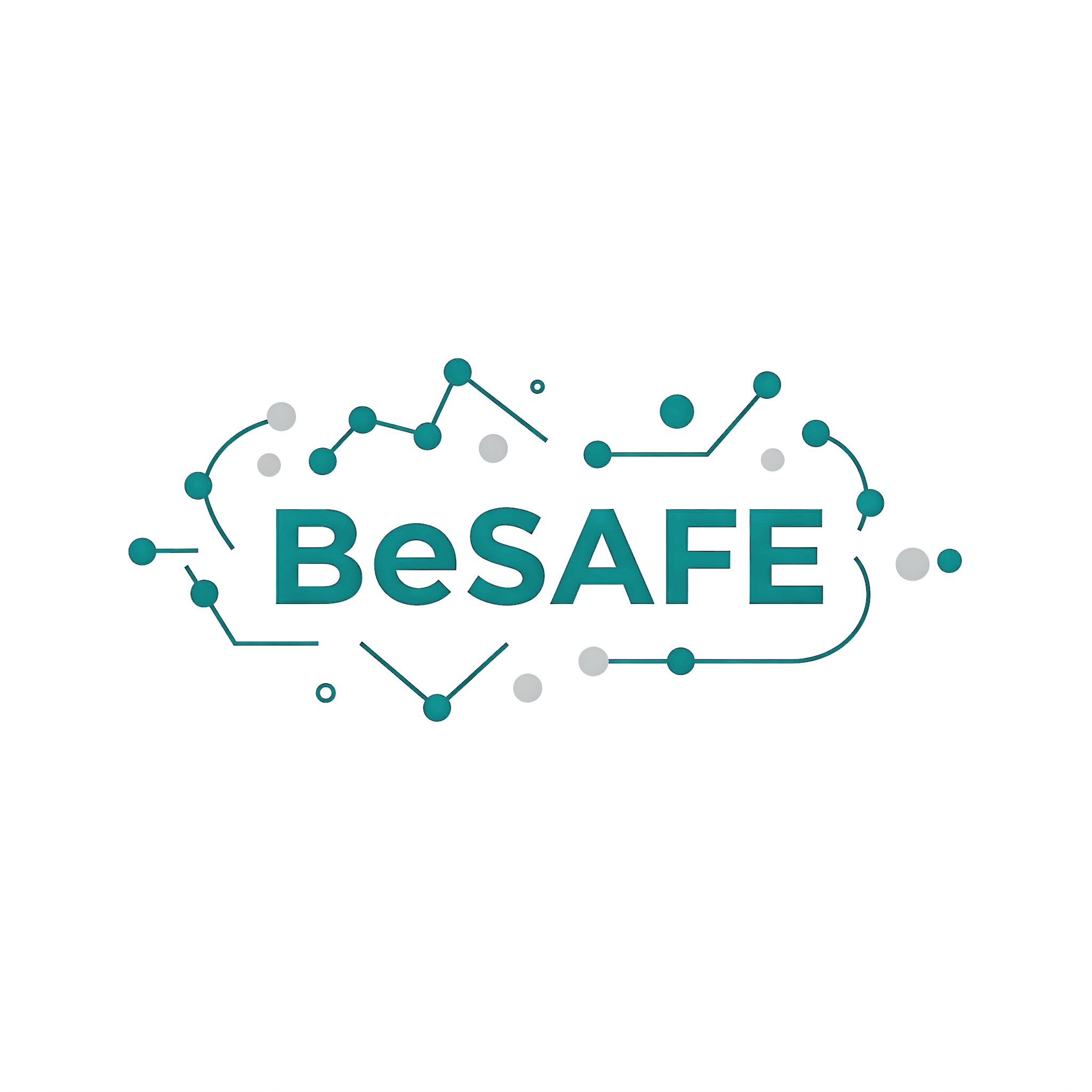
The BeSAFE satellite workshop focuses on the role of mathematical, computational, and theoretical frameworks in understanding the interplay between human behavior, social structures, and infectious disease spread. It explores predictive epidemic models and public health interventions, emphasizing how information diffusion, both accurate and misleading, influences behavior in diverse, heterogeneous populations.
Modelling the Dynamics of Behavioural Adaptation During Epidemics (BehEpi)
Albano Rikani, Francesco Parino, Lucille Calmon, Cristiano Trevisin
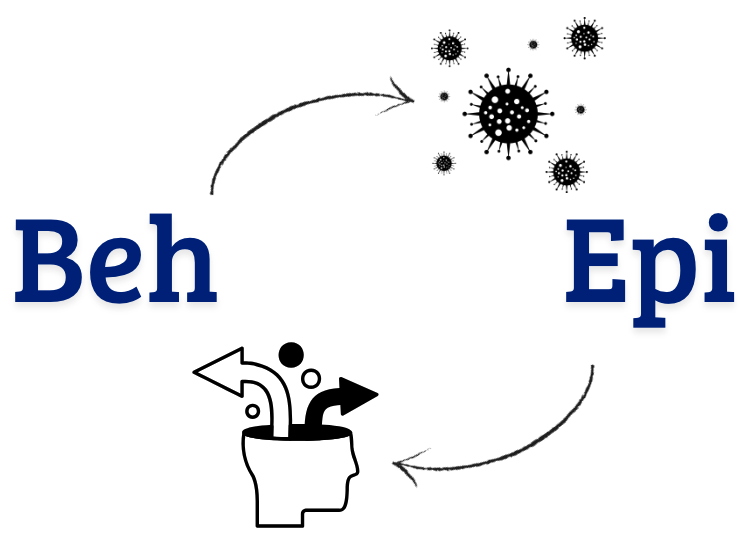
The dynamics of human behaviour and infectious diseases are tightly intertwined, but rarely accurately captured in models. The next generation of epidemiological models thus requires the development of a multidisciplinary integrative approach. This satellite promotes this by facilitating the exchange between infectious diseases modellers and behavioral scientists.
Complexity in Language (CompiLa2025)
Els Heinsalu, Marco Patriarca, and David Sanchez

CompiLa2025 will foster interdisciplinary discussions among linguists, physicists, mathematicians, and computational scientists on language complexity. Topics include language shift, linguistic structures and large corpora. This edition emphasizes language as a complex adaptive system, syntax, and variation, welcoming insights from sociology, biology, and psychology.
Complexity Research in Animal Behaviour (CRAB)
Eduardo Colombo, Iacopo Iacopini, Sara Neven, Luis Gómez-Nava, Josefine Bohr Brask, Matthew Silk
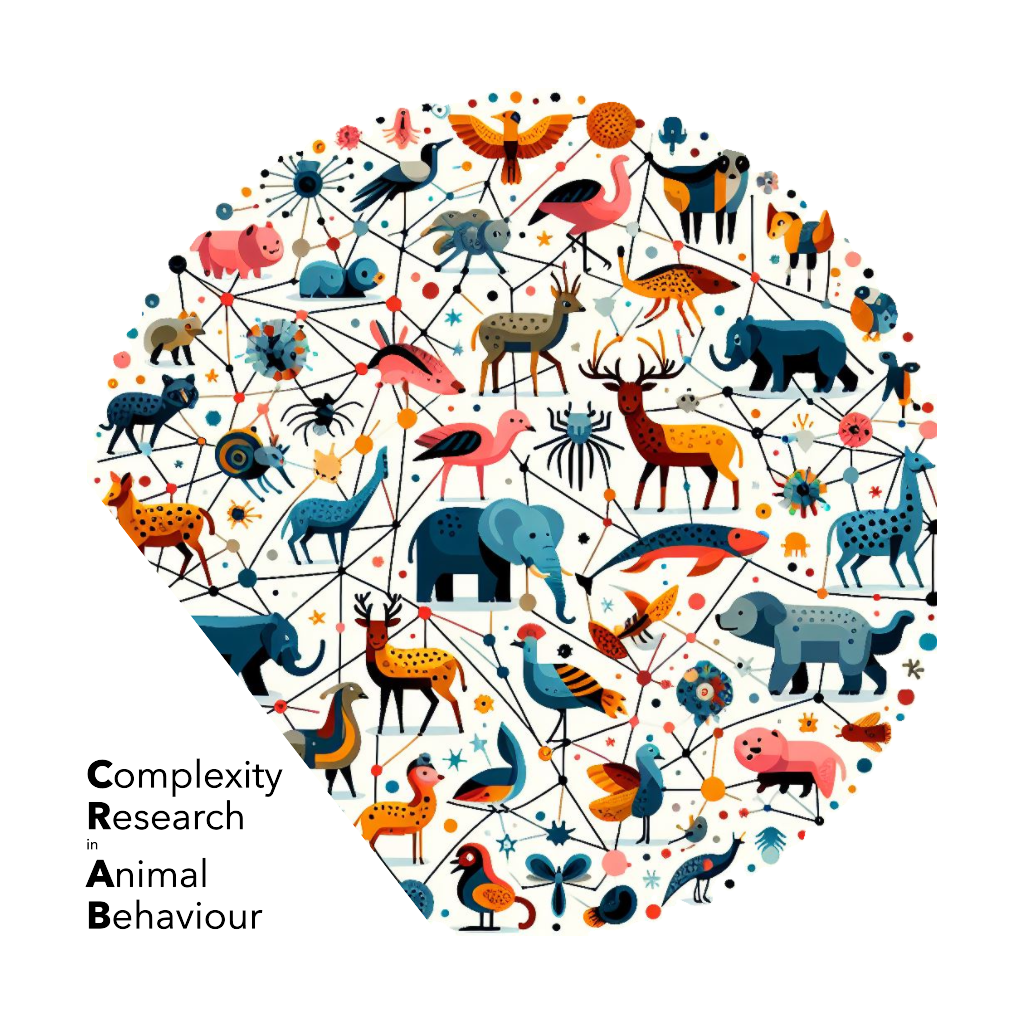
The collective behaviour of animal groups is an emergent outcome of the traits of individuals within the group and their social interactions. Within CCS’25, CRAB will foster cross-disciplinary exchange between physics and ecology to understand the different facets of complexity in the animal behaviour research field.
Supply Chains: A Complex System Perspective
Giacomo Vaccario, Ambra Amico, Luca Verginer, Giona Casiraghi,Johannes Stangl

Let’s explore supply chain through the lens of complex systems, emphasizing sustainability, resilience, and efficiency. Bringing together experts from network science, operations research, and supply chain management, this satellite addresses critical challenges, including environmental and economic impacts, essential goods distribution, and data-driven modeling, fostering interdisciplinary collaboration for future research
Chemical complexity: from emergent properties to applications
Marcello A. Budroni, Florian Wodlei, Darío Martín Escala Vodopivec
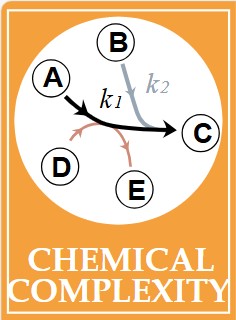
Chemical reactions can serve as laboratory models for studying complex out-of-equilibrium behaviors. This satellite session will explore experimental and theoretical advances in autocatalytic and oscillatory reactions, reaction-transport patterns, and synchronization dynamics, with a focus on applications in environmental challenges, synthetic biology, systems chemistry, materials design, and chemical communication and computing.
EPINEXT (Next-gen Methods for Data-rich Epidemic Models)
Eugenio Valdano, Boxuan Wan
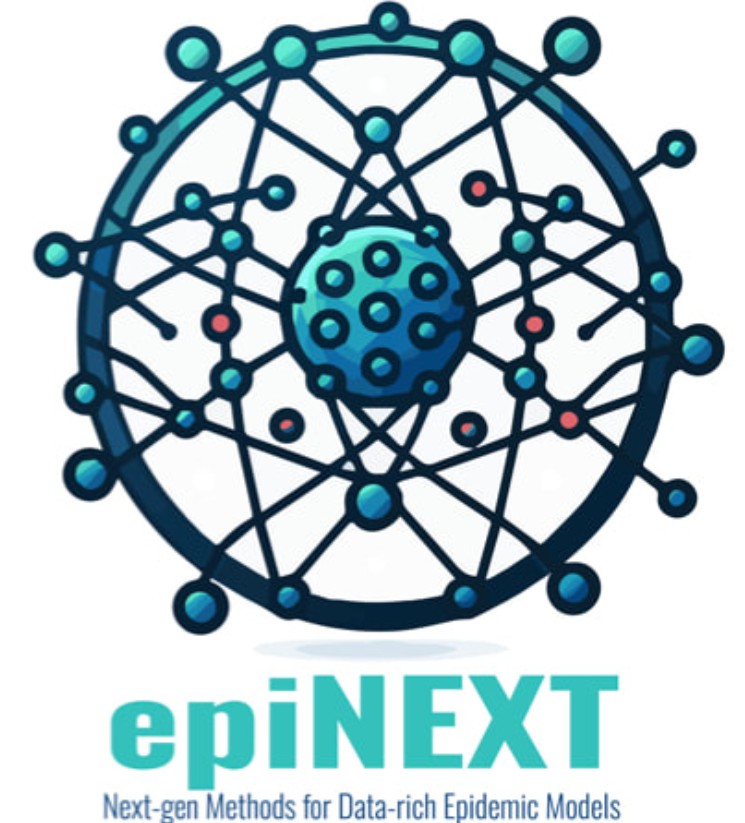
This satellite explores methodological and theoretical advances in epidemic modeling. It emphasizes approaches enhancing the integration of various data sources. It covers many approaches: complex systems, statistical physics, network analysis, statistical inference and machine and deep learning.
CHArt[S] – Complexity in the Humanities, Arts, and Social Sciences
Cecile de Bezenac, Julien Randon-Furling
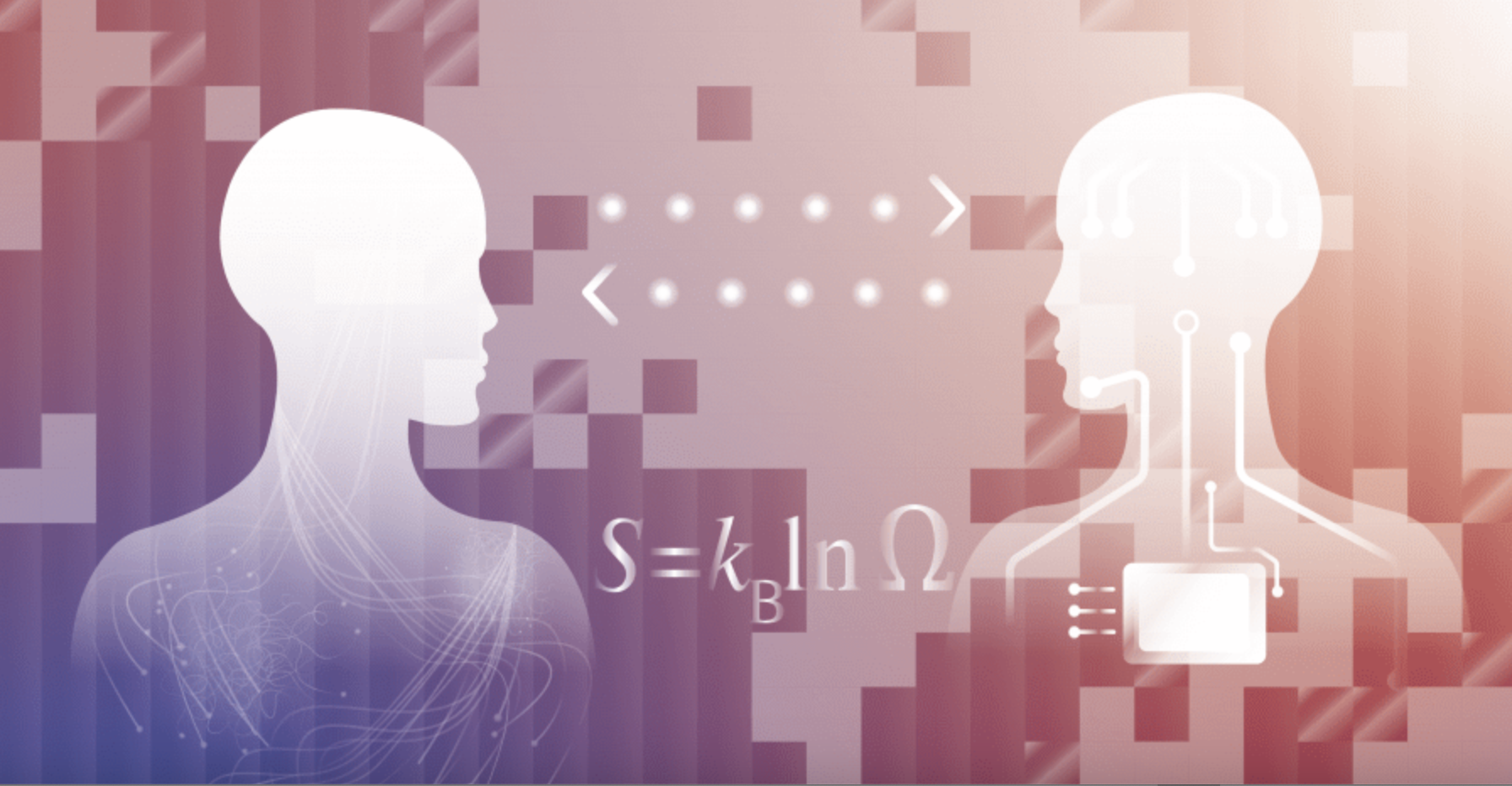
This satellite focuses on applications of complexity science in the humanities, the arts and the social sciences. Its general perspective is to provide theoretical frameworks and empirical protocols to support knowledge about historical as well as contemporary social and cultural systems, and to offer ways of designing and testing scenarii of public policies and other interventions, in the age of Complex Systems, Machine Learning and Artificial Intelligence. Indeed, while the “Digital Humanities” movement has coincided with a renewed interest for data-driven approaches in the Humanities, there tends to be a lack of scientific unity in the methods employed. This satellite seeks to provide a focal point for scholars trying to bridge this gap, eg those working on ABM (agent-based model) calibration, causal inference in the humanities and social sciences, sociologically-informed machine learning, etc..
Food Systems
Roger Cremades, Yamir Moreno, Ariadna Fosch

Food systems worldwide face unprecedented challenges from climate change, population growth, economic inequalities, and ecological degradation. These systems exhibit complex emergent behaviours, non-linear dynamics, and intricate feedback loops that require novel analytical approaches. This session invites contributions that apply complexity science frameworks to understand and transform food systems.
Complexity in Economics & Finance (FINECONETS)
Paolo Barrucca, Giulio Cimini, Carolin Mattsson, Tiziano Squartini

Over the past 20 years, complex systems science has played a key role in understanding and modeling economic and financial systems – through a fruitful interplay of basic research and policy applications. Much effort has been put into studying how the complex patterns of interconnections among economic and financial entities allow local failures to spread up to the full system scale, as well as in devising strategies to improve systemic resilience and stability. Leveraging on these interactions, several methods have been produced to understand and predict the patterns of economic development and innovation, from the macroscopic scale of countries to the microscopic level of individual firms. These approaches have been developed by exploiting an increasing amount of available data on human activities, e.g., on production of goods and knowledge, demographic and labor statistics, financial transactions and market trends. Considerable attention has been also devoted to understanding the impact of rapidly emerging digital technologies, as well as to fostering the societal aim of attaining a more equal, sustainable and green
growth.
